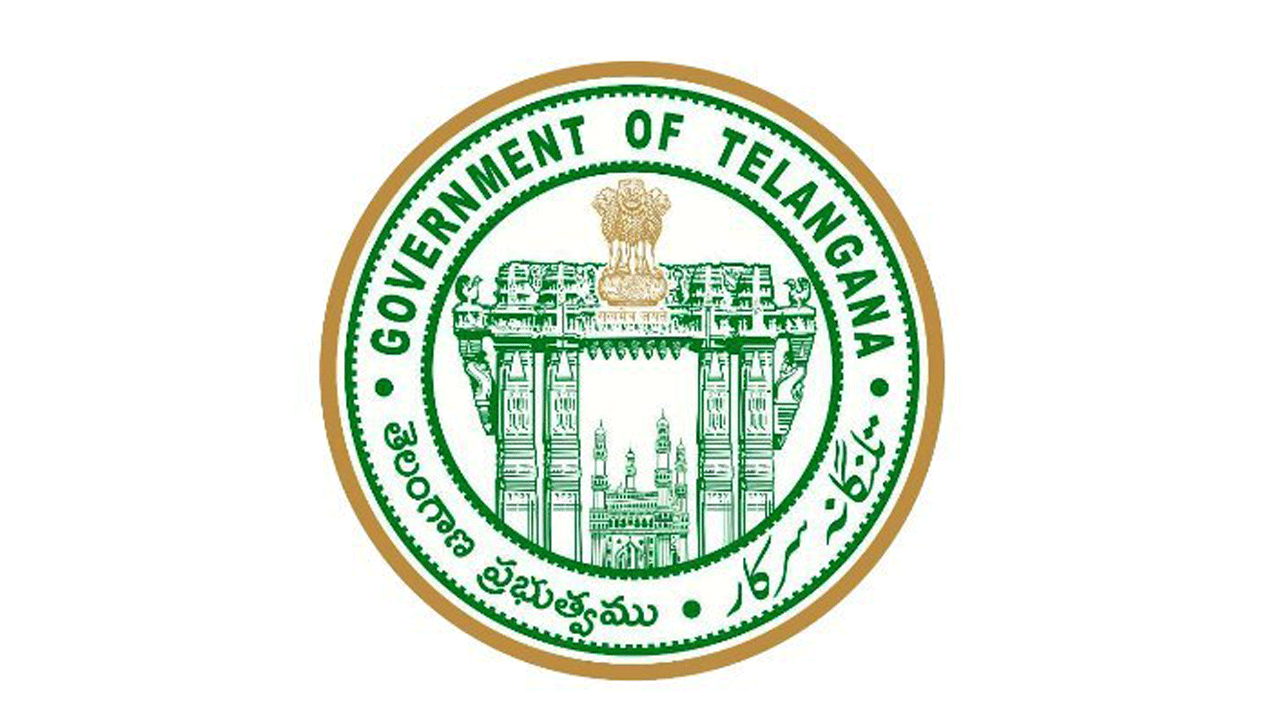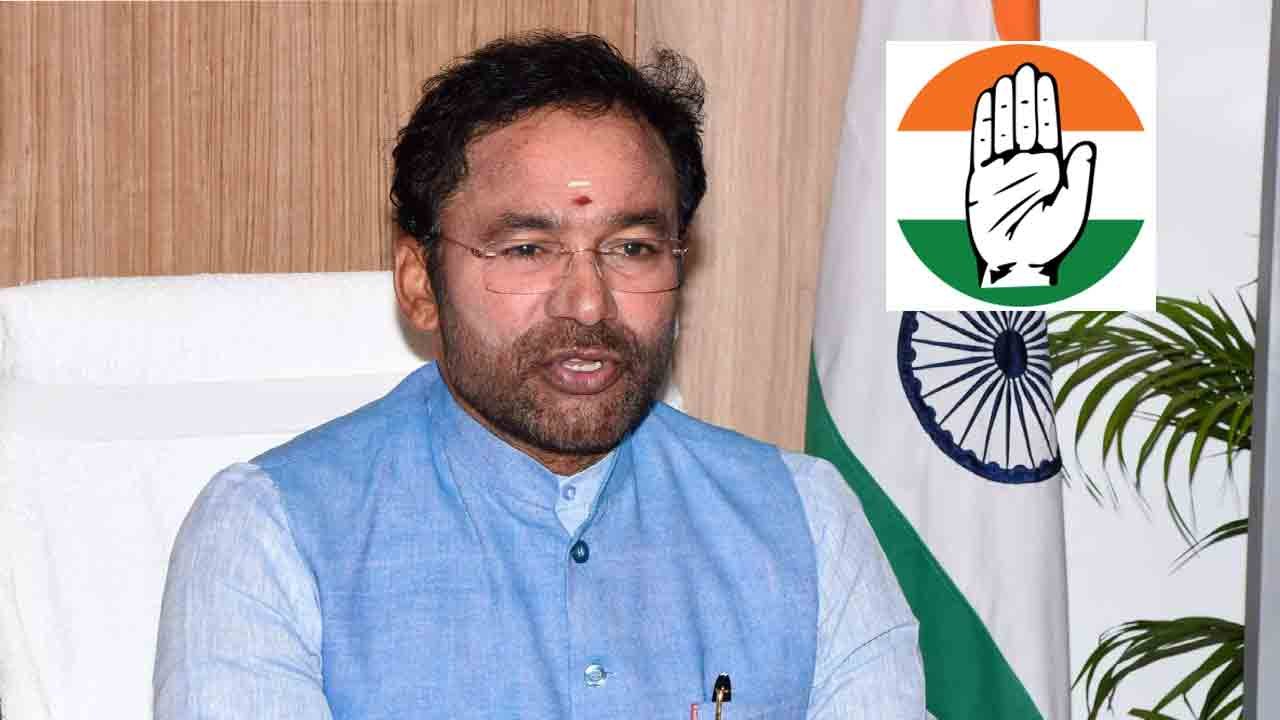Linking of birth and death data to NPR unconstitutional: Asad Owaisi
Opposing the proposed amendments to the Registration of Birth and Death Act, Owaisi has written a letter to the Registrar General of India detailing his suggestions.
All India Majlis-e-Ittehadul Muslimeen (AIMIM) president and Hyderabad MP Barrister Asaduddin Owaisi has opposed the proposed amendments to the Registration of Births and Deaths Act (RBD), 1969 stating that they violate the fundamental right to privacy.
Asad Owaisi on Friday tweeted a copy of his suggestion to the Registrar of India, opposing the amendment to the act.
“Wrote to Office of Registrar General of India, Ministry of Home Affairs opposing the proposed amendments to link registration of births & deaths to #NPR, electoral rolls, passports, etc. It is a dangerous & illegal proposal that does not serve ANY public interest,” he tweeted.
What’s the proposed amendment?
The proposed amendment to the RBD Act as subsection 3(3A) states, “The Registrar General, India shall maintain the database of registered births and deaths at the national level, that may be used, with the approval of the Central government, to update the Population Register prepared under the Citizenship Act, 1955; electoral registers or electoral rolls prepared under the Representation of the People Act, 1951; Aadhaar database prepared under the Aadhaar Act, 2016; ration card database prepared under the National Food Security Act, 2013; passport database prepared under the Passport Act; and the driving licence database under the Motor Vehicles (Amendment) Act, 2019, and other databases at the national level subject to provision of Section 17 (1) of the RBD Act, 1969.”
In other words, the amendment states that records of births and deaths will be maintained in a unified database, on a state level, by a states-appointed Chief Registrar. The unified database will then be integrated with data at the national level. Currently, the record of births and deaths is maintained by a local registrar, appointed by states.
Owaisi’s suggestions
Owaisi in his memorandum to the Office of Registrar General of India has detailed some suggestions arguing that the act “attacks the very foundation of the individual’s right to privacy”. He states that the amendment violates the principle of purpose limitation, unlike the other acts that clearly state the necessity of data collection.
“The Citizenship Act, 2003 only calls for registration of citizens but has no mention of enumeration of usual residents. The act also does not have provisions to specify procedures of citizenship verification nor does it give special powers to registrars.” reads Owaisi’s letter.
It further states that there must be a statute for infringing upon the right to privacy of an individual, which does not exist in the case of the National Population Register (NPR).
Owaisi expresses that the collection of demographic and identifiable data of usual residents is unconstitutional and alleges that updating the NPR by the collection of data in an unconstitutional manner is the Government’s first step towards the controversial National Register of Citizens. He also says that it also violates the “essential principle of the right to privacy that gives individuals protection from excess collection and storage of data,”.
Owaisi has also dismissed the proposed amendment’s need to collect data to update AADHAR and electoral databases, saying that it violates the principle of informed consent. He says that the data collected could be misused for “targetted disenfranchisement and voter suppression”.
Stating that the government has not declared the advantages of such interlinking, Owaisi claims that it does not serve the public interest. He goes on to call the proposal “highly dangerous”, stating that it may negatively impact the “purity of the electoral process and independence guaranteed by Article 324 of the constitution India to the Election Commission of India (ECI).”
Owaisi also said that the government has failed to show the cause and aim of such data collection which may be misused for unconstitutional purposes. “The government has no legitimate state-aim as to why such large integration of data is required. Mere administrative convenience is not an acceptable ground to such an attack on citizen’s right to privacy,” the letter states.
“Even if there is a valid objective, to the collection of data the government has not provided proof as to why this method of centralisation of databases is the best method to do so,” he states. He also warned the government that such large databases are susceptible to being breached and no degree of security is adequate.
Next Story :
Now you can get latest stories from Indtoday on Telegram everyday. Click the link to subscribe. Click to follow Indtoday Facebook page and Twitter and on Instagram. For all the latest Hyderabad News updates






